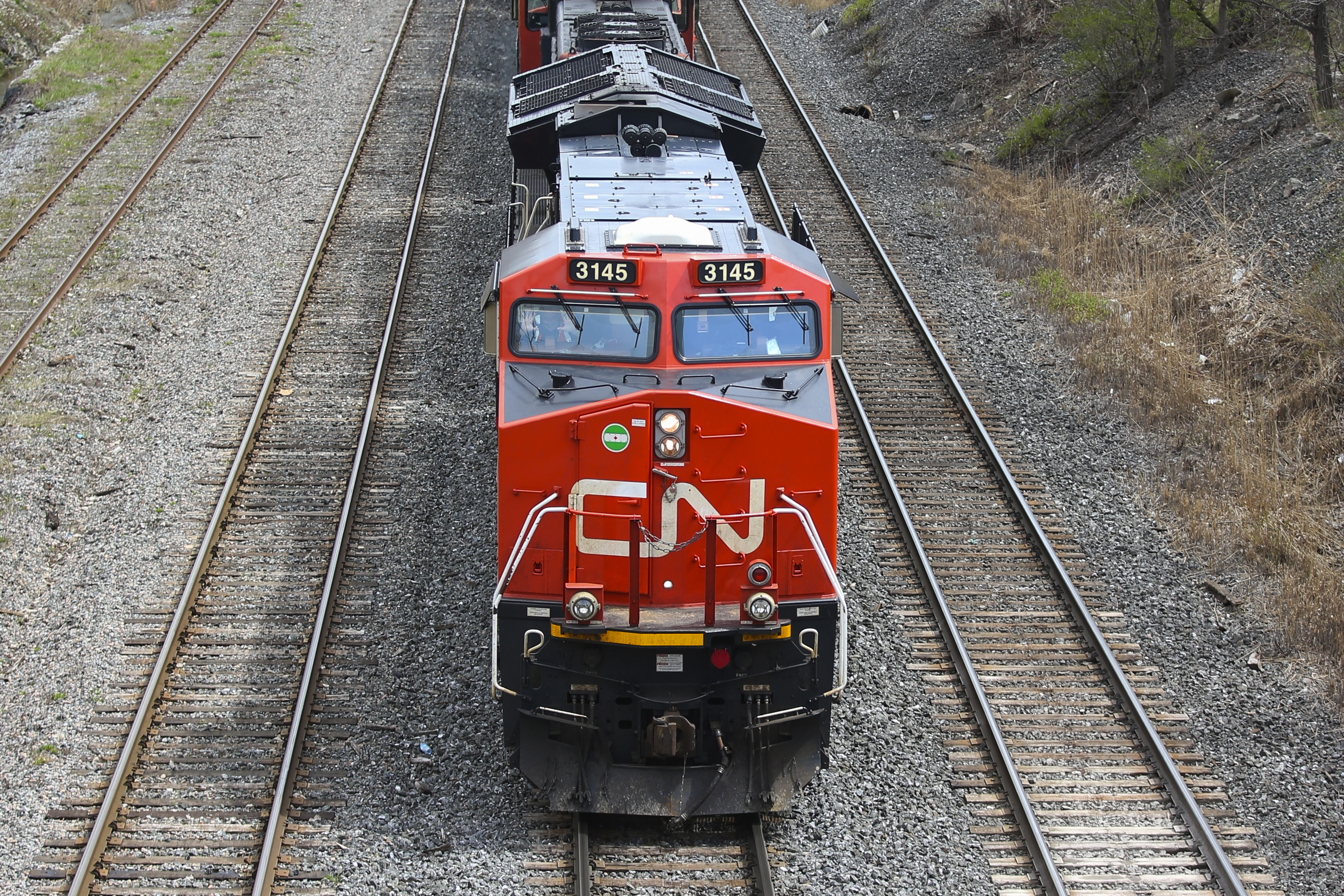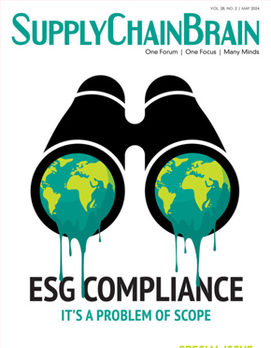
 Ocean carriers to shippers: we blew it. Now open your wallets. That's one way to describe what's going on in the eastbound trans-Pacific container trade. The Transpacific Stabilization Agreement (TSA) is asking shippers to shoulder a rate increase of $500 per 40-foot container, beginning August 10. Sounds like business as usual - except that TSA members are angling for that hike in the middle of a contract term. And shippers' acceptance of the deal would be entirely voluntary. Who'll be first in line?
Ocean carriers to shippers: we blew it. Now open your wallets. That's one way to describe what's going on in the eastbound trans-Pacific container trade. The Transpacific Stabilization Agreement (TSA) is asking shippers to shoulder a rate increase of $500 per 40-foot container, beginning August 10. Sounds like business as usual - except that TSA members are angling for that hike in the middle of a contract term. And shippers' acceptance of the deal would be entirely voluntary. Who'll be first in line?
To be fair to the carriers, they're struggling. TSA (www.tsacarriers.org) claims that its average revenue per container dropped by $1,000 to $1,200 between October 2008 and May of this year. And who's responsible for that? Carriers, of course. The global recession has undermined any notion of discipline among the ranks of TSA, which is merely a discussion agreement and therefore can't compel its members to do anything. (Never mind that the lines were just as hard to control back in the 1970s and '80s, when they were part of a formal rate-setting conference.)
TSA members are candid about their plight. Start with the fact that the current batch of contracts was negotiated "in the midst of a severely depressed global economy," when demand for ship space was off by more than 20 percent from the year before. Add to that a general free-for-all among lines looking to hold onto market share at any cost. W.W. Lee, chief executive officer for container liner business with Hanjin Shipping Ltd., painted the picture in starkest terms: "The eastbound trans-Pacific trade lane has been driven by panic," he said in a group statement, "and panic is difficult to stop once it has begun."
What to do? Issue a big mea culpa. Hope that shippers sympathize. And suggest that service will suffer if they don't. In its statement, TSA cited "concerns raised by customers in recent months that revenue deterioration would eventually lead to fewer lines operating at reduced service levels."
Time for desperate measures, but will they be unprecedented? TSA executive administrator Brian M. Conrad doesn't think so. In late 2007, when there was a spike in bunker fuel prices, carriers sought to renegotiate (and, in some cases, reinstate) the surcharge that was supposed to cover that eventuality, he says. In the summer of 2002, they went for a general rate increase, again in the midst of binding contracts.
Customers aren't immune from the desire to change the rules in mid-game, Conrad says. If those rules were immutable, then "shippers shouldn't be coming back to us and asking us to reduce the rates, which they do all the time."
Of course, shippers could simply say no. But Conrad says TSA lines have already had "some sympathetic responses" from customers to their plea. After all, he notes, they are only trying to recover about half the money they lost since October of last year. And the message didn't come as a complete surprise in any case. Some accounts were warned that carriers might be asking for higher rates if market conditions worsened, he says.
No one is questioning the seriousness of the matter. Already container carriers have removed substantial amounts of tonnage from the trades, in line with the plunge in demand. As of June, Conrad reports, 517 vessels were laid up, equal to 9.7 percent of total global capacity. Most are at anchorage in Singapore, forming a vast fleet of modern-day ghost ships.
Shippers might well ask: If TSA carriers get their increase, will they stick to it? Whether they can exercise the rate discipline that has eluded them so far is an open question. Conrad says they can. He sees a couple of key differences in the market today. One is that carriers aren't scrambling to sign multiple contracts, reducing competitive pressures. The other is the severity of the current situation. "The bleeding has just continued to get worse and worse and worse," he says. "The wound has got so bad that we have to do something."
So bad, in fact, that additional rate action is likely, even if this one meets with shipper approval. TSA lines said they will seek full implementation of their quarterly bunker fuel charge, at a time when oil prices are once again on the rise. Moreover, the requested increase "does not preclude the possibility of a peak season surcharge if the market measurably strengthens and extensive peak season costs are incurred." So hold on to those wallets.
- Robert J. Bowman, SupplyChainBrain
Comment on This Article
Back to Think Tank Home






